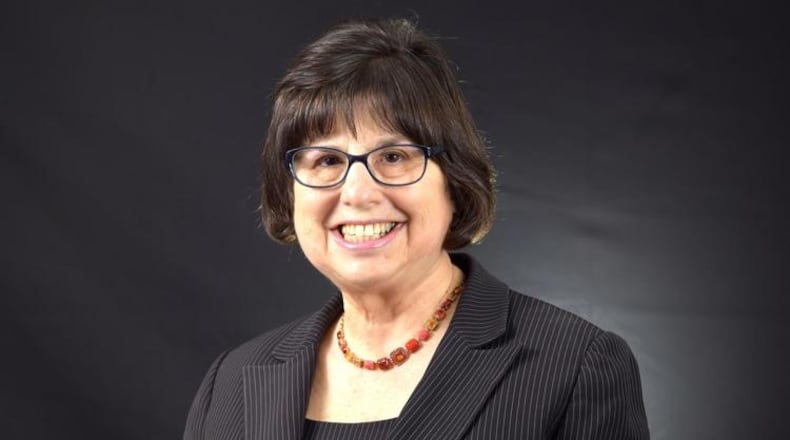We should not underestimate the importance of the new role of the State Board and Superintendent.
The Governor’s appointment Steve Dackin must work closely with the State Superintendent of Public Instruction to create a new exciting and coherent vision for education. If the courts uphold the language in House Bill 33, the new state superintendent will still have an essential role in guiding the future of public education.
The next Superintendent of Public Instruction needs to understand that these functions are part of a human resource system for the profession, which includes recruitment and retention, educator preparation, professional development, professional evaluation and career development. Educators are the key to making everything work in the classroom so that students can meet academic content standards and have successful experiences in schools. Research shows that teacher quality is the most important variable in effective education.
Today’s senior citizens can still recall positive teacher experiences that occurred over fifty years ago in a classroom. Teachers can change the direction of students’ lives and truly touch the future of individuals, our state and nation.
The State Board of Education and a new Superintendent now can focus on improving teacher quality to continually improve schools in Ohio. Because the vast majority of Americans have been educated in public schools, they believe that they understand what it takes to be a teacher. Many believe that anyone can teach, whether they have training or not. The Board and new State Superintendent of Public Instruction must be aware, in an era of teacher shortages, movements to recruit inexperienced teachers are taking hold. For example, in HB33, the law allows teachers who are certified in content to teach two grades above or below their certification, even if not formally qualified to teach at that level.
In the Board selection of a new State Superintendent, due diligence is required to ensure that candidates understand the research in teacher quality. The Board must understand the importance of aligning what we want educators to know and be able to do with what the new Department of Education and Workforce has responsibility for: setting academic content standards.
The new State Superintendent must work closely with the Director of Higher Education to ensure that Ohio’s public and private colleges are improving teacher quality by upgrading our educator preparation programs. They need to have high expectations for educators. The new Board must advocate that school districts hire and retain educators based on their ability to meet professional standards of practice. They must advocate that all educators have high quality professional development and to reimagine schools so that there is regular time for collegial work and planning. They must be advocates for increased educator salaries based on educator knowledge and skills.
Quality educators must be the Board’s central focus if they want to maintain their status and purpose. This will give them guard rails against culture wars that deflect from their core business. This is a great opportunity for Ohio to have a well-developed educator workforce.
Susan Tave Zelman is co-author of The Buying and Selling of American Education: Reimagining Education for All Students. She is also a former state superintendent of education for Ohio.
About the Author
